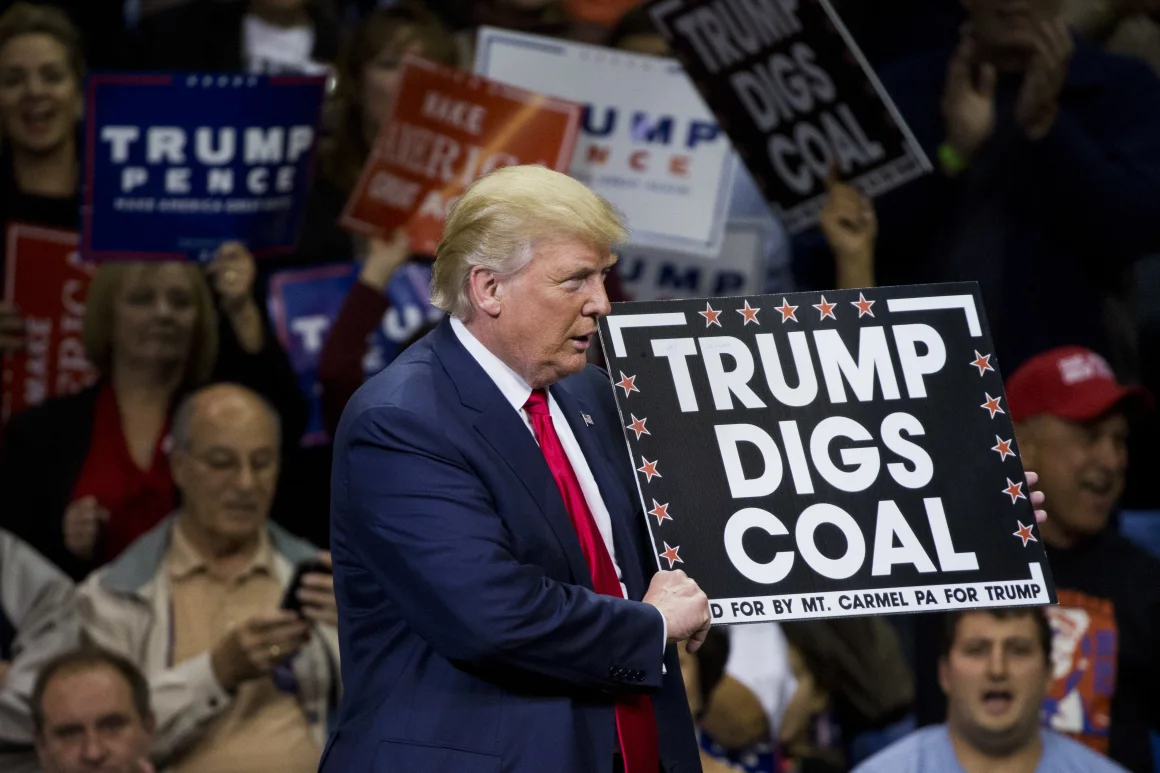Letter to Editor
There is no denying the influence of politics on the global climate actions. Already we saw how politics delay the phasing out of fossil fuels, the number one contributor to greenhouse gas emissions.
At COP 28, delegates only managed to squeeze through the wordings to “transition away from fossil fuels”.
Delegates could not agree on “phasing out”. In Baku at COP29, they added the statement “a just transition.” Many see all these as delay tactics.
In the meantime, distractions are created in the form of putting the blame on agriculture, especially methane emission from livestock farming.
Even palm oil has not been spared from such blame, citing deforestation.
We wonder what narratives will emerge at COP30 in Brazil where cattle ranching has been the subject of much criticisms for deforestation and methane release.
But a more serious matter is the climate skepticism among world leaders.
Climate change skepticism, often fueled by political, economic, or ideological motives, has influenced global climate action, particularly during the earlier Trump presidency.
The President often dismissed the scientific consensus on climate change. In interviews and tweets, he referred to climate change as a “hoax” and questioned its human origins.
In 2012, he famously tweeted, “The concept of global warming was created by and for China to make US manufacturing non-competitive.”
The US withdrew from the Paris Agreement in 2017. They argue that the agreement imposed unfair economic burdens on the U.S.
The administration then rolled back environmental regulations, opened federal lands for oil and gas drilling, and promoted coal as part of an “energy dominance” agenda. There were also regulation rollbacks.
The Clean Power Plan (CPP), designed to reduce emissions from power plants, was weakened. The fuel economy standards for vehicles were also relaxed.
Climate action was framed as a threat to economic growth, jobs, and energy independence. He prioritised short-term economic interests over long-term environmental sustainability.
The US withdrawal from the Paris Agreement undermined global climate leadership and emboldened other skeptics elsewhere.
It delayed US climate actions as efforts to reduce emissions were largely reversed. The return of President Trump in 2025 signals a significant shift in U.S. climate policy.
Many anticipate some rollbacks of environmental regulations in the US and a renewed emphasis on fossil fuel production. Many expect a repeat of his earlier actions.
The President has already indicated plans to reverse many of the previous administration’s climate initiatives.
This includes rolling back restrictions on offshore and federal land drilling, undoing tailpipe emissions rules perceived as an “EV mandate,” and resuming approvals for liquefied natural gas (LNG) export plants.
Additionally, there is consideration of withdrawing the US from the Paris Agreement once again.
In summary, while federal climate actions are poised to be curtailed under the new administration, state-level initiatives and international responses may continue to drive progress in addressing climate change.
If the Trump administration pursues a protectionist agenda, it could lead to the escalation of trade wars.
This situation, coupled with insufficient or regressive climate policies, could result in continued or even increased global greenhouse gas (GHG) emissions.
That would be disastrous for the world as the latest indicators on global warming suggest the world may miss the two degrees C target. —Mar 23, 2025
Ahmad Ibrahim is an Associate Fellow at the Ungku Aziz Centre for Development Studies (UAC), Universiti Malaya.
The views expressed are solely of the author and do not necessarily reflect those of Focus Malaysia.
Main image: Getty Images









